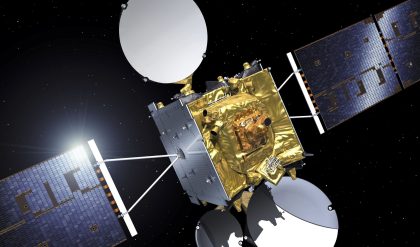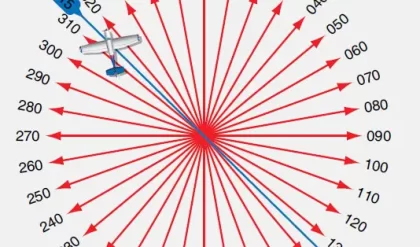
Nature of work of an instrumentation engineer ranges from designing, developing, installing, managing equipments that are used to monitor and control machinery. Instruments at home and elsewhere is only because of the science of instrumentation. The discipline of instrumentation engineering branched out of the streams of electrical and electronic engineering some time in the early part of 1970s.
Earlier in the 70’s, this course was known as M.Sc Tech Instrumentation, though today, it is referred to by different names by various colleges. Some call it as B.Tech- electronics and instrumentation, a few name it as B.Tech – control and instrumentation.
What is Instrumentation Engineering?
Instrumentation engineering is the branch of engineering that specialises on the principle and operation of measuring instruments that are used in fields of design, configuration of automated systems in electrical, pneumatic domains, etc.
What does an Instrumentation Engineer do?
The required tasks are very domain dependent; instrumentation engineers typically work for industries with automated process with the goal of improving the productivity, reliability, safety, optimisation and stability. Instrumentation engineers are commonly responsible for integrating the sensors with the recorders, transmitters, displays or control systems. They may design or specify installation, wiring and signal conditioning. They may be responsible for calibration, testing and maintenance of the system.
How to become an Instrumentation Engineer?
To be an instrumentation engineer, you must hold at least a bachelor’s degree in engineering, engineering technology, or any related field. The discipline for instrumentation engineers depend on the industry you plan to work, most engineers in this field hold graduate degrees in electrical, mechanical or computer engineering.
Skills Required to become an Instrumentation Engineer
All engineers are required to have strong hold on mathematics and physics. Instrumentation engineers must also possess the following skills as they find themselves in situations to solve uniquely challenging problems:
– strong communication skills
– ability to translate project needs into design development of hardware suitable for the task
– sound problem solving skills
– ability to think out of the box
Scope for Instrumentation Engineers
Instrumentation engineers may design devices like dynamometers for measuring torque, blood glucose monitors, aircraft sensors, and smoke detectors.
– They may develop electrocardiograph equipment and computed tomography scanners or may work on security systems.
– According to various reports, the above are some of the many career possibilities for instrumentation engineers.
– They also play essential role in every successful aeronautical research projects.
– They find employment in manufacturing firms, defense contractors, biomedical companies, government, or work for private engineering firms.
Job roles of an Instrumentation Engineer
An instrumentation and control engineer is required to:
-Design and develop control systems
-Maintain the existing control systems
-Manage the control systems
-Collaborate with design engineers, purchasers and other staff members involved in the production processes
-Manage projects within the given restraints including cost and time
-Troubleshoot
-Ensure that the instruments comply with health and safety regulations
– Ensure that quality standards are maintained
-Provide consultancy support
Job Opportunities for Instrumentation Engineers
Instrumentation engineers find employment in industries which improve efficiency, stability and safety of automated processes. The industrial sectors include
– Public/Private firms,
– R&D organizations,
– Steel plants,
– Cement manufacturing companies,
– Thermal power plants,
– Chemical companies and similar industries.
Apart from the above instrumentation engineers also find employment in companies that utilize specialized instruments for their day-to-day operations..
Popular Companies that hire Instrumentation Engineers
– National Instruments
– ABB
– Larsen & Toubro
– Robert Bosch
– Invensys
– GE
– Suzlon
– Apna Technologies
– Whirlybird
– ESSAR
Remuneration for Instrumentation Engineers
-Salary of an Instrumentation engineer in India is an average of Rs 389,446 per year. Experience and skills will increase the pay for this job naturally.
-The median salary for instrumentation engineers was approx. $73,410 as of March 2014.
Top Colleges for Instrumentation Engineering
– Massachusetts Institute of Technology
– Stanford University
– University of California-Berkeley
– California Institute of Technology
– University of Michigan-Ann Arbor
– Georgia Institute of Technology
– University of Illinois-Urbana-Champaign
– Cornell University
– Purdue University-West Lafayette
– Princeton University





Comments are closed.